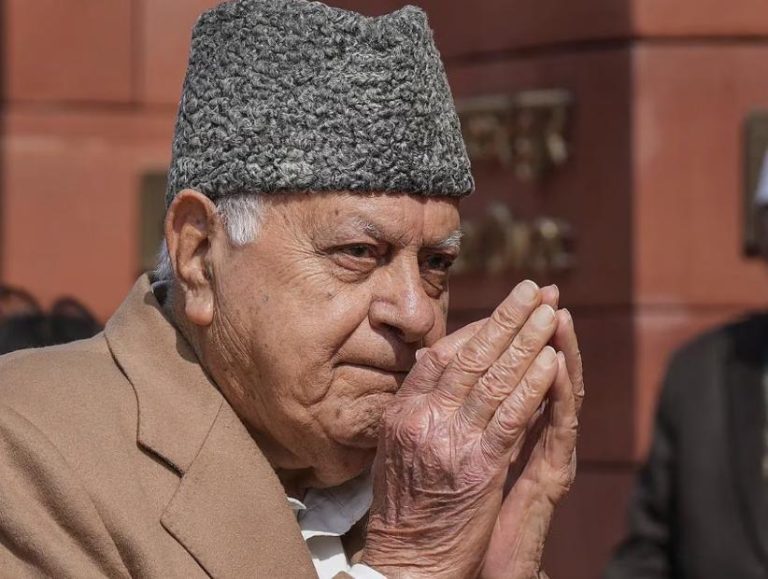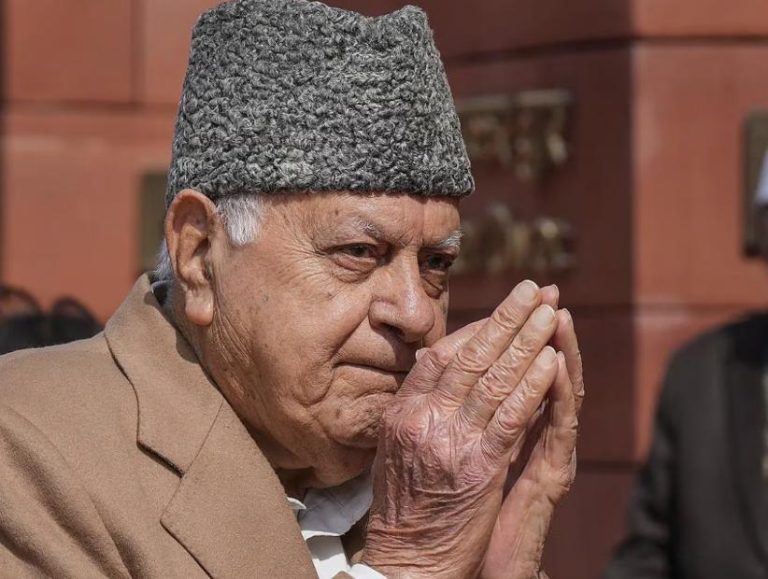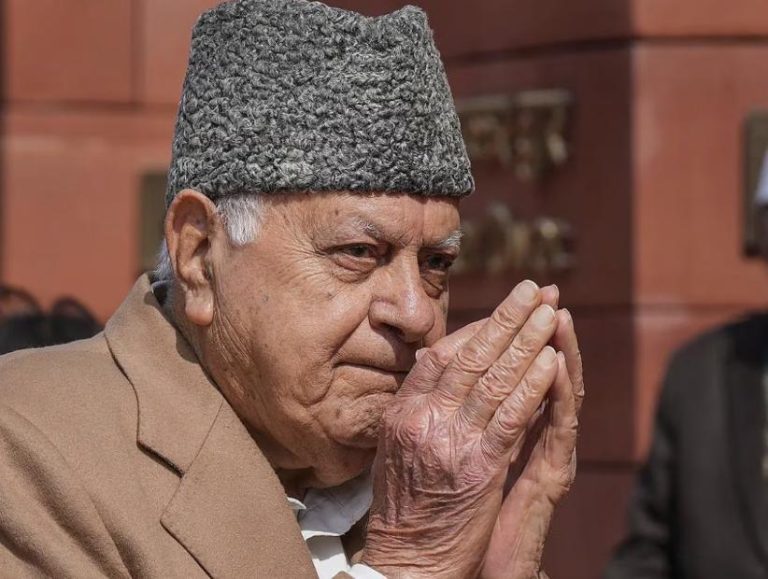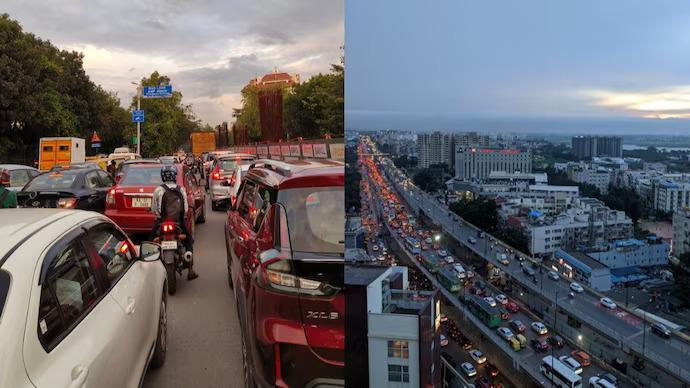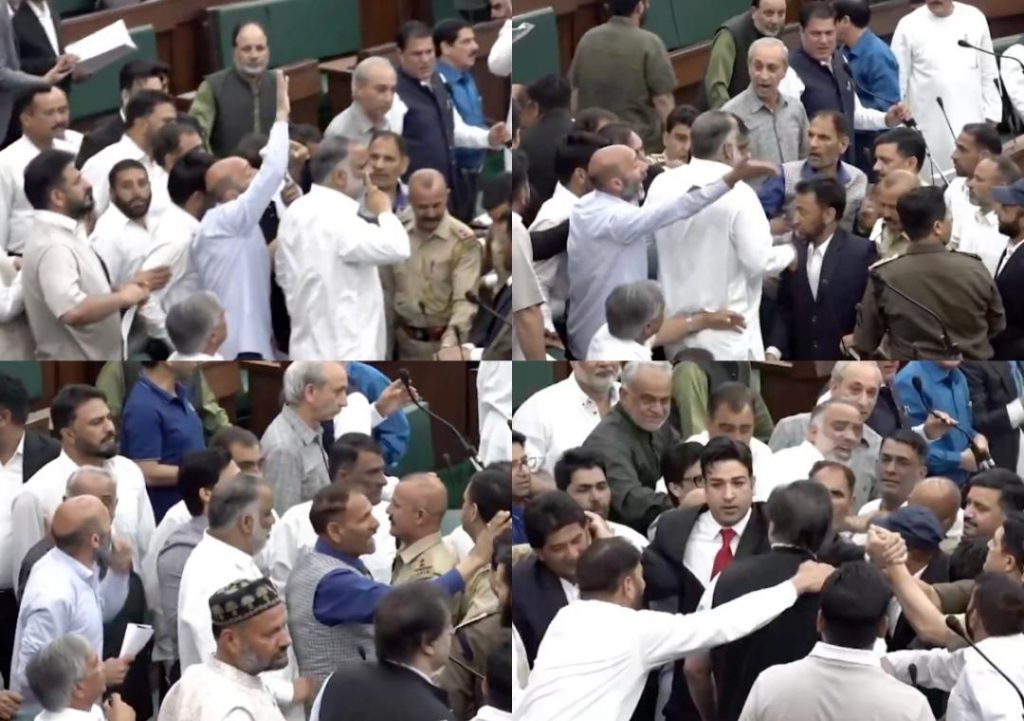
Ruckus inside J&K Assembly continues for second day over Waqf Act
The Jammu and Kashmir Assembly witnessed a tumultuous second day on Tuesday as opposition parties continued to demand a discussion on the Waqf Act, prompting the Speaker to adjourn the House for 30 minutes.
The commotion began early in the day when National Conference MLAs moved a motion to adjourn the Question Hour to discuss the Waqf Act, which was vehemently opposed by the ruling Bharatiya Janata Party (BJP) and its allies. The Speaker, Abdul Rahim Rather, denied the motion, leading to a heated debate between the opposition and treasury benches.
The opposition parties, including the National Conference, Peoples Democratic Party (PDP), and Congress, accused the government of trying to push through the Waqf Act without a thorough discussion and debate. They claimed that the act would lead to the erosion of the rights of the Waqf Board and the Muslim community in the state.
“The government is trying to suppress the opposition’s voice by not allowing a discussion on the Waqf Act,” said National Conference MLA, Ali Muhammad Sagar. “We demand that the Speaker allow a discussion on the act so that the people of Jammu and Kashmir can know what is being done in the name of Waqf.”
The BJP and its allies, on the other hand, accused the opposition of playing politics over the Waqf Act. They claimed that the act was necessary to ensure the smooth functioning of Waqf properties in the state.
“The Waqf Act is necessary to protect the interests of Waqf properties in Jammu and Kashmir,” said BJP MLA, Rajesh Gupta. “We will not allow the opposition to disrupt the functioning of the House by creating unnecessary controversy over the act.”
The Speaker, Abdul Rahim Rather, tried to pacify the situation by adjourning the House for 30 minutes, but the opposition remained firm in their demand for a discussion on the Waqf Act. The House was finally adjourned for the day after the Speaker assured the opposition that he would take up the matter for discussion on Wednesday.
The Waqf Act was introduced in the Jammu and Kashmir Assembly last week, and the opposition parties have been demanding a discussion on the act ever since. The act aims to reform the Waqf Board, which is responsible for managing Waqf properties in the state.
Waqf properties are Islamic charitable trusts that are managed by the Waqf Board. The board is responsible for the administration and management of these properties, which are used for charitable purposes.
The opposition parties have accused the government of trying to undermine the autonomy of the Waqf Board and erode the rights of the Muslim community in the state. They claim that the act will pave the way for the government to take control of Waqf properties and use them for its own purposes.
The government, on the other hand, has denied these allegations and claimed that the act is necessary to ensure the smooth functioning of Waqf properties in the state.
The ruckus inside the Jammu and Kashmir Assembly over the Waqf Act is a clear indication of the deep-seated divisions within the state’s political landscape. The opposition parties are determined to resist the government’s move to push through the act, and the government is equally determined to get its way.
As the debate continues, the people of Jammu and Kashmir are left wondering what the future holds for their state. Will the Waqf Act be passed, or will the opposition parties be able to stall its passage? Only time will tell.
